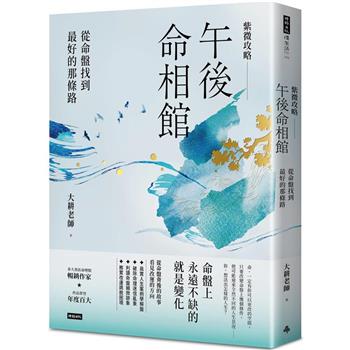Why do multinational mining corporations use participation to undermine resistance? Do the struggles of local communities, activists and NGOs matter on a global scale? Why are there so many different global standards in mining?
This book develops a new critical political economy approach to studying extractive accumulation, drawing on three detailed Indonesian cases to explain how participatory mechanisms continuously reshape and are reshaped by community-corporate conflict. Findings highlight feedback between local social relations, conflict, transnational activism, crises of legitimacy and global governance.
The author argues that corporate social responsibility, community development, ’gender-mainstreaming’ and environmental monitoring are neither simple outcomes of corporate ethics nor mere greenwashing strategies. Rather, participation is a mechanism to undermine resistance and create social relations amenable to extractive accumulation.












